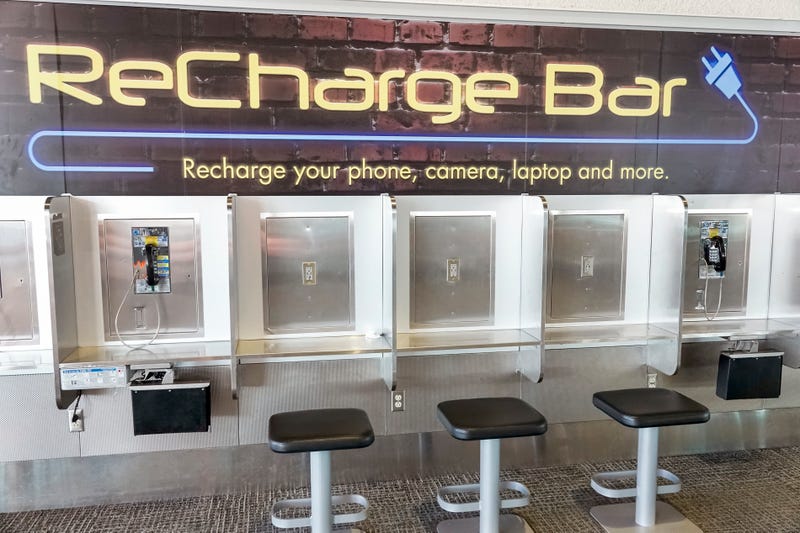
You might want to think twice before plugging your phone into a public charging station.
It's called juice jacking, and the FBI has issued a warning about a recent trend where hackers use public chargers to infect phones and other devices.
“A hacker can infect the actual plug, so when you put the cord into your device to charge it, there’s a teeny, little storage device there that has malware in it that can infect the cord and then your device,” said Adam Levin, the founder of CyberScout, a cyber insurance agency.
The FBI shared on social media that charging stations at hotels or airports should be avoided at all costs while the risk remains present.
“The safest way to deal with it is to use your AC adapter and plug it into a regular wall outlet,” he said. “It’s not quite as convenient, but it is safer.”
He said that while public kiosks aren’t all hiding some kind of malware, the risk of infecting your device is real at any of these charging stations.
When in doubt, Levin said it’s best to stick to your own USB cables.
The danger of "juice jacking" isn't new, as the Federal Communications Commission has warned about the malware loading scheme since 2021.
"Don't let a free USB charge wind up draining your bank account," the FCC shared, along with several tips to staying safe:
-Avoid using a USB charging station. Use an AC power outlet instead.
-Bring AC, car chargers, and your own USB cables with you when travelling.
-Carry a portable charger or external battery.
-Consider carrying a charging-only cable, which prevents data from sending or receiving while charging, from a trusted supplier.


